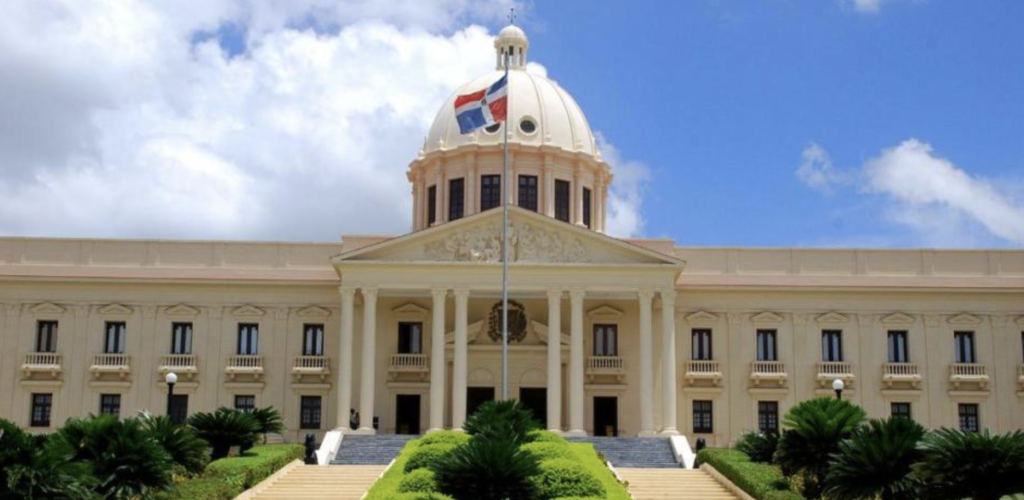
President Luis Abinader has sent a modification that he feels is necessary to the People Trafficking Law 137-03. The amendment to Article 3 simply says “to strengthen the ability of the state to protect, boys, girls and adolescents that are victims of this degrading practice.”
Article 3 refers to the exploitation of persons subjected to human trafficking. The penalties for this crime are prison sentences of between 15 and 20 years and fines of up to 175 minimum wages.
The President’s modification to this article goes on to say that any consent given by a victim of human trafficking will not constitute a cause for exoneration for this crime. The suggested modification goes on to explain that when the human trafficking involves children or adolescents, none of the usual methods of coercion or payments are valid in any way.
The President simply stated in his preface to the suggested changes, that the Dominican Republic was continuing its constitutional obligations to protect the people.
The changes seek to crack down on human trafficking that has become a lucrative business exploiting vulnerability. Enacted in 2003, Dominican Republic’s anti-human trafficking law highlights the alarming growth of this illicit trade, driven by the immense profits it generates for traffickers and organized crime syndicates. This lucrative enterprise thrives on a complex interplay of factors, including poverty, unemployment, societal ills like gender-based violence, and discriminatory practices. These conditions push vulnerable individuals, particularly women, children, and adolescents, to seek refuge in the clutches of criminal networks.
The law underscores the feminization of labor migration, where women, often seeking better opportunities for themselves and their families, fall prey to traffickers’ deceptive promises. The absence of adequate protection mechanisms and lack of awareness about trafficking further exacerbate the situation.
The amendment would better enable prosecutors to tackle many situations, including that of Haitian women with small children who can be seen begging on city streets. In most occasions, it has been said that the child is not an offspring of the woman, who is rather a professional beggar working for another person.
Read more in Spanish:
Listin Diario
El Caribe
Hoy
24 June 2024

